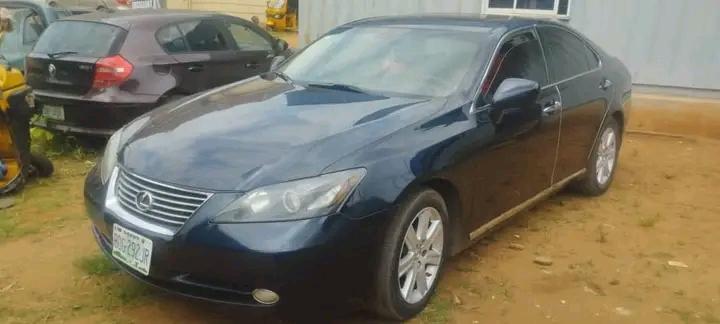The United States government has updated its global travel advisory, warning its citizens against travelling to 12 African countries, including Nigeria, over rising insecurity, terrorism, kidnapping, and inadequate healthcare services.
The advisory, which is part of the US’s regular global security review, serves as a cautionary guide for Americans planning trips to the continent, flagging several countries as high-risk zones.
Nigeria was listed among the top countries to reconsider travel to, alongside Somalia, Libya, Burkina Faso, South Sudan, Democratic Republic of Congo, Uganda, Burundi, Mauritania, Guinea-Bissau, Niger, and Chad.
Countries were ranked using a four-tier system. Level four “do not travel”, is the most severe, while level three, “reconsider travel”, signals serious risk.
In a statement posted on its website, the US Mission in Nigeria urged its citizens to reconsider any trip to Nigeria, warning that every part of the country poses a “significant security risk.”
While not an outright ban, the US warned against travel to 18 states, describing them as the most volatile.
The statement listed Borno, Yobe, Kogi, and northern Adamawa states due to terrorism and kidnapping; Bauchi, Gombe, Kaduna, Kano, Katsina, Sokoto, and Zamfara states due to kidnapping; and Abia, Anambra, Bayelsa, Delta, Enugu, Imo, and Rivers states (except Port Harcourt) due to crime, kidnapping, and armed gangs.
“Reconsider travel to Nigeria due to crime, terrorism, civil unrest, kidnapping, armed gangs, and inconsistent availability of health care services. Some places in Nigeria have an increased risk. Overall, all locations carry significant security risks,” the statement warned.
It added, “Violent crime is common in the country. This includes armed robbery, assault, carjacking, kidnapping, hostage-taking, roadside banditry, and rape.
“Kidnappings for ransom happen often. They primarily target dual national citizens visiting Nigeria and U.S. citizens perceived as wealthy. Kidnapping gangs have also stopped victims on interstate roads.”
The US also raised concerns about terrorist attacks, noting that terrorist groups continue to plot and carry out coordinated attacks with local gangs.
“Terrorists continue plotting and carrying out attacks in Nigeria. Terrorists collaborate with local gangs to expand their reach. They may attack with little or no warning, including: shopping centres and malls, markets, hotels, places of worship, restaurants and bars, schools, government buildings, transportation hubs, and public places where crowds gather.”
On the activities of criminal gangs and civil unrest in parts of Southern Nigeria, the statement noted, “Gangs and crime: Civil unrest and armed gangs are active in parts of Southern Nigeria. This is especially true in the Niger Delta and Southeast regions. Armed crime and gangs are common in the area. Crimes include kidnapping and assaults on Nigerian security services.
“Violence can flare up between communities of farmers and herders in rural areas.”
The US government also highlighted serious concerns about healthcare delivery in Nigeria, advising its citizens not to expect the same quality of medical services they are used to back home.
“U.S. citizens should not expect the same level of health care to be available in Nigeria as they do in the United States. Nigerian medical facilities are generally not equipped to U.S. or European standards. Many medicines are not available. This includes common medications for diabetes or asthma.
“Bring enough over-the-counter and prescription medicines to last your entire stay in Nigeria. Update vaccinations to include all standard vaccinations, plus yellow fever, meningitis, typhoid, cholera, hepatitis A, hepatitis B, and a polio booster.”
It also warned of the risk of malaria and counterfeit drugs, urging citizens to prepare adequately before travel.
Read also: Gambia detects first Mpox case as West Africa records surge
“All visitors should take Malaria prophylaxis. Nigeria is at high risk for Malaria. Counterfeit pharmaceuticals are a common problem. Hospitals often expect immediate cash payment for health services. Most hospitals and doctors do not accept U.S. health insurance.
“Emergency services like those in the United States or Europe do not exist.
“Blood supply is often unreliable. Ambulance services are unreliable, have poor equipment, and often do not have trained paramedics.
We strongly recommend getting traveller’s insurance, including medical evacuation insurance, before travelling.”









